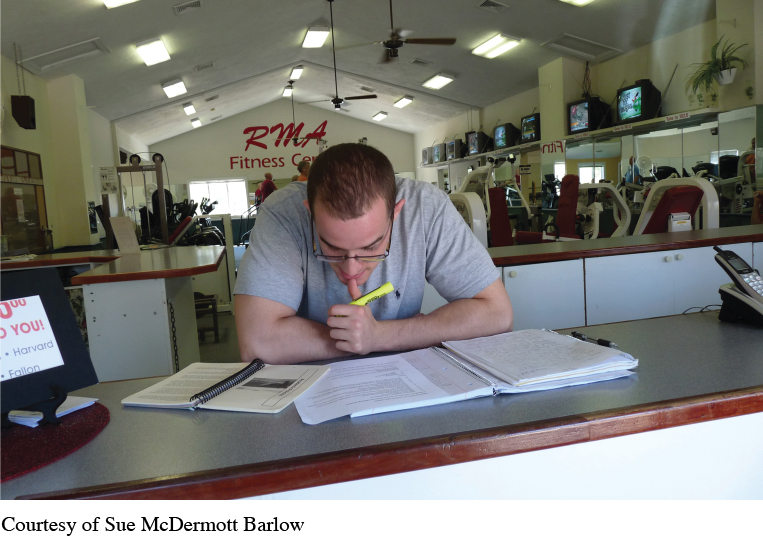Stay Focused
Many students of all ages question their decision to attend college and sometimes feel overwhelmed by the additional responsibilities it brings. Some first-year students, especially recent high school graduates, might temporarily forget their main purposes for coming to college and spend their first term of college engaging in a wide array of new experiences.
Allowing yourself a little time to adjust to college is OK within limits, but you don’t want to spend the next four or five years trying to make up for poor decisions made early in your college career, such as skipping class and not taking your assignments seriously. Such decisions can lead to a low grade point average (GPA) and the threat of academic probation or, worse, academic dismissal.
A great way to focus and to keep your priorities on track is to finish what needs to be done before you move from work to pleasure. From time to time, you will have competing responsibilities; for example, you might have to work additional hours at your job when you need additional time to study for an exam. In cases like these, talk to the people involved, including your instructors and your employer, to see how you can manage the conflict.

Work Study
Did you know that the majority of college students have jobs? If you need to work, try to find a job that is flexible and allows you to study during down-time. Use every available minute to stay up to date with your classwork.
Courtesy of Sue McDermott Barlow
high-impact practice 2
Stay Motivated
What Are Your Priorities?
List your current priorities, and assign a value to each on a scale of 1–5 with 1 as most important and 5 as least important. Write a short paper about why you consider some things more important than others. Think about whether your personal priorities support your goals for college success.